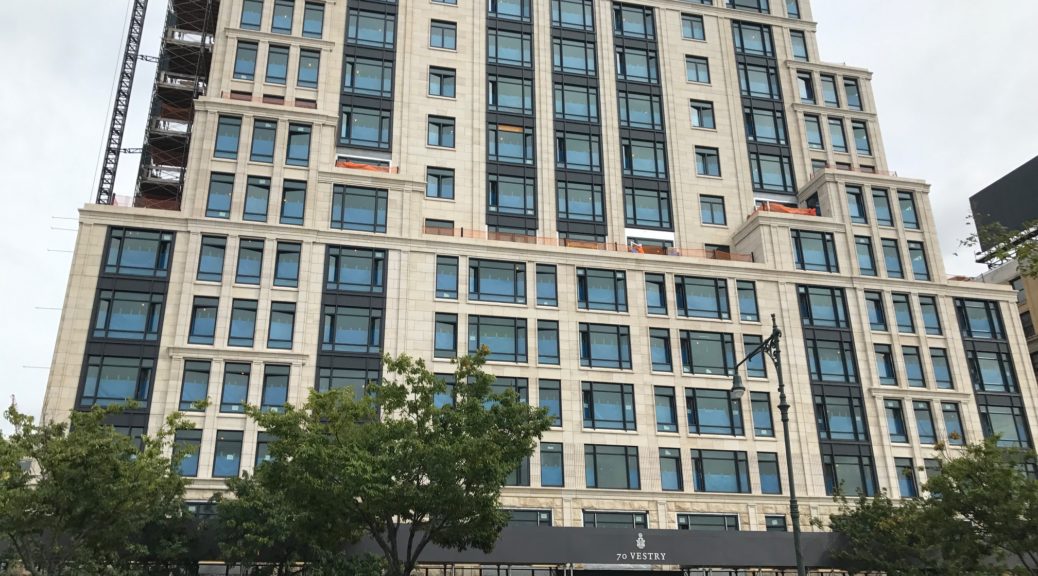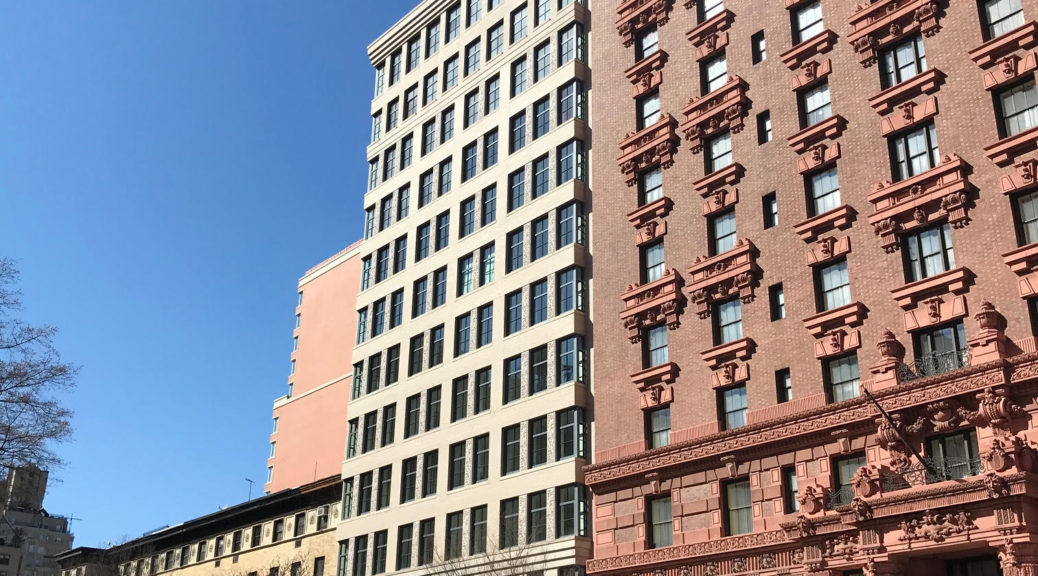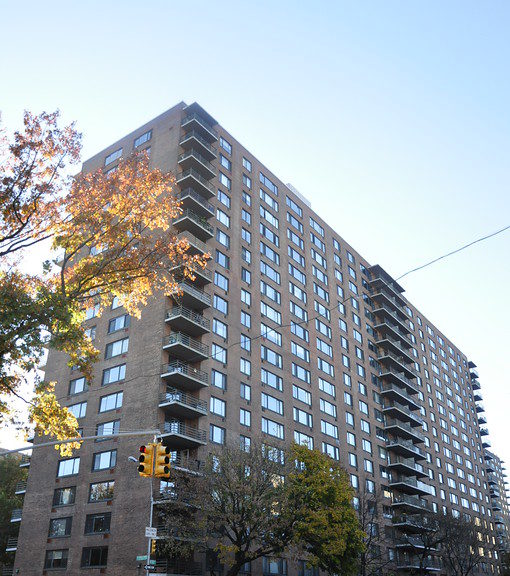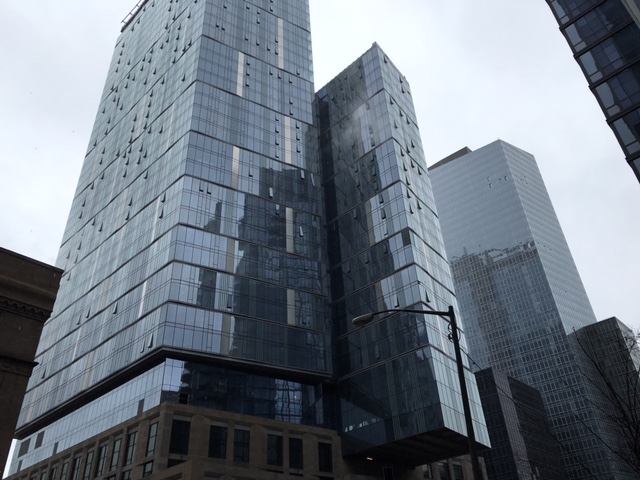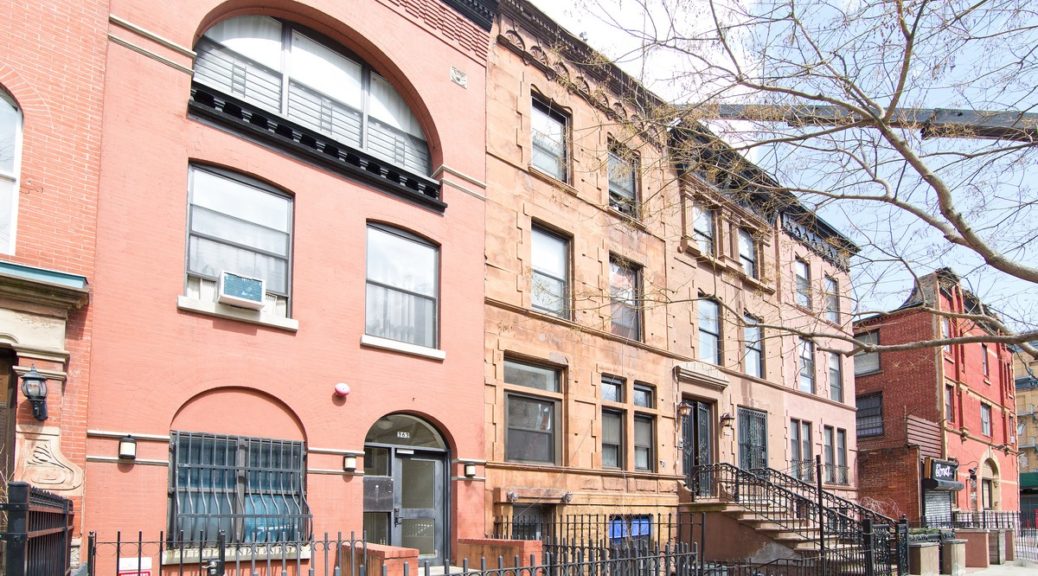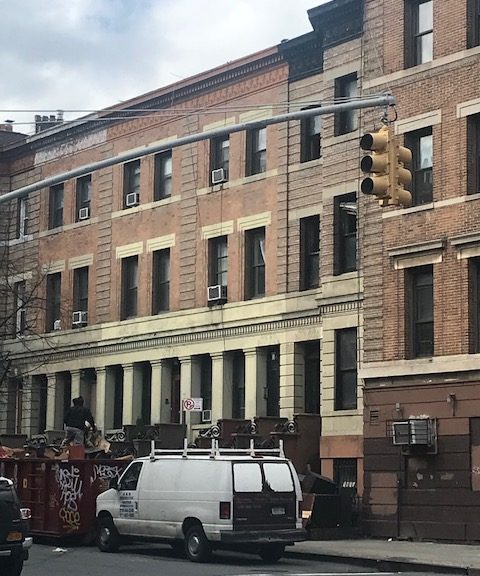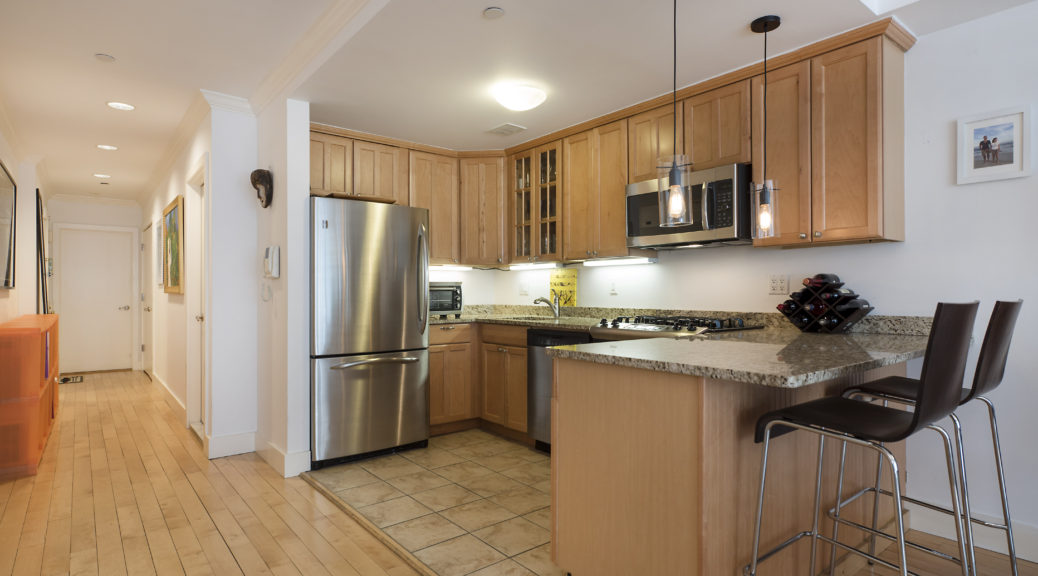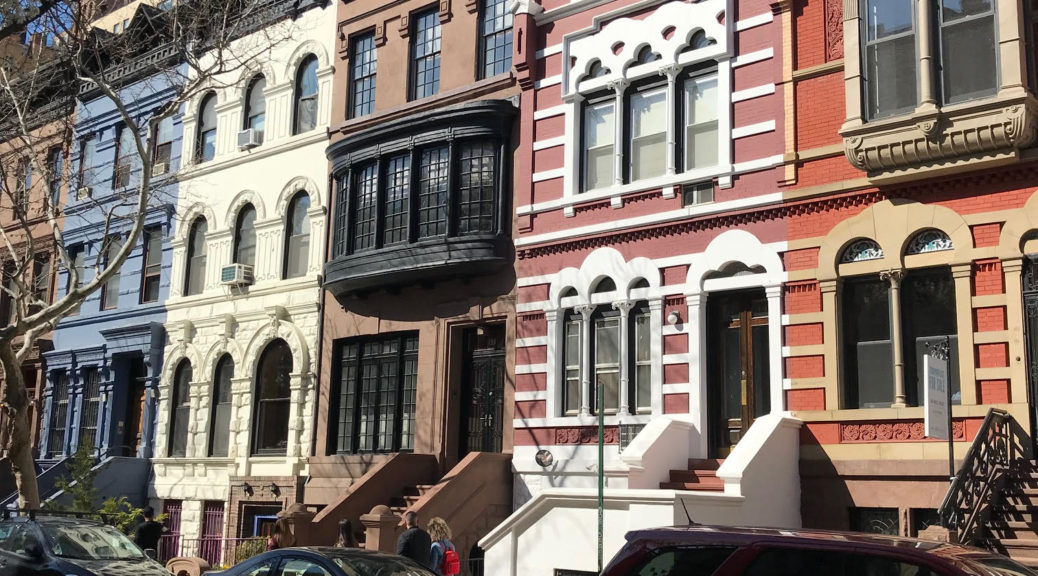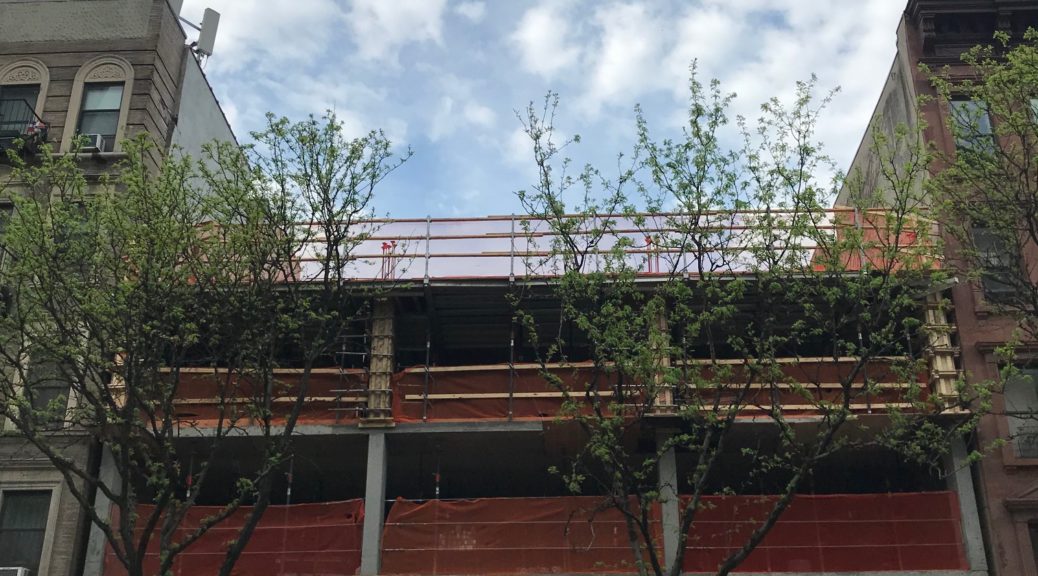Very often, I am asked by first time buyers what are the guidelines that banks use to determine how the bank determines how much they will lend. In generally, let’s take a look at a scenario where you are interested in buying a Manhattan condo for $1,000,000.
$1,000,000 purchase price
$200,000 down payment
$40,000 closing costs
? post closing reserves
In this scenario you need about $250,000 liquid plus post closing reserves which depend on the bank but let’s say 6 months of payments which can be in a 401k or non-liquid account.
In this case, your monthly mortgage is about $4,000 based on a 4.5 interest rate on a 30 year mortgage, add in about $1400 for common charges and taxes and you end up at $5,400. In order for the bank to make a loan you would need to have at least 2.5 to 3 times that in monthly income assuming little or no debt and very good credit. So you would need a minimum of $13,500 in monthly income or $162k annual. In many neighborhoods this will buy you a 1bedroom condo or even a 2 bedroom north of 110th street.
If you purchase a co-op, the co-op will require a minimum of 20% and in some cases more plus they will require 2 years of monthly payments in reserves so the cash outlay will be higher. So you may need close to $400k in assets to make the purchase. However, you will have a much larger choice of apartments with a co-op in this price range- 102 listings with at least 1 bedroom on the Upper west side under $1 million on the listing site streeteasy compared with 17 condos under $1 million. Co-ops are less expensive than condos but have more restrictions and higher monthly charges. More on that another time.
The Author-  Brian Silvestry , a licensed real estate broker, has been selling residential and commercial real estate since 1999. He has sold in every Manhattan market from Battery Park City to Washington Heights.
Brian Silvestry , a licensed real estate broker, has been selling residential and commercial real estate since 1999. He has sold in every Manhattan market from Battery Park City to Washington Heights.
![]() Brian Silvestry , a licensed real estate broker, has been selling residential and commercial real estate since 1999. He has sold in every neighborhood from Battery Park City to Washington Heights.
Brian Silvestry , a licensed real estate broker, has been selling residential and commercial real estate since 1999. He has sold in every neighborhood from Battery Park City to Washington Heights.